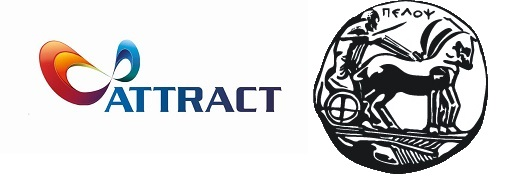Speaker
Description
Problem Description:
With one in ten people worldwide lacking access to clean water, the World Economic Forum in 2015 named the water crisis as the #1 global risk based on impact to society “as a measure of devastation”. A key contributor to this overarching issue is the problem of chronic exposure to arsenic in drinking water, which affects over 140 million people in 70 countries, leading to a variety of health issues, including skin lesions, cancers, and, in many cases, death. Fundamental to tackling this issue is having access to dynamic relevant data about arsenic levels, which are labile, in individual wells, particularly in highly-affected areas, such as parts of Bangladesh (where the WHO called it the “largest mass poisoning in history”), India, Vietnam, China, Argentina, Chile, Mexico and the USA. Management of this problem is hampered by disadvantages associated with the lab-based chemistry assays or the colorimetric, non-digital point-of-use tests in current use: these are slow, difficult to use, and produce non-digital, single-measure outputs which cannot be easily aggregated into a single regional database. What is needed are rapid, easy-to-use sensors producing digital output that can be connected using rapidly-evolving networks to a centralised database so that modern data analytics can be used to address and manage the problem more effectively.
Background:
Bio Nano Consulting (BNC), together with its academic partners at Imperial College, have developed a unique arsenic sensor – the AquAffirm™ system – that uses technology modified from familiar glucose self-tests manufactured in the billions each year to create a step-change improvement in arsenic testing. By solving customer usability, cost and accuracy needs, which are unmet by current arsenic tests, BNC has developed an innovative platform which enables the commercialisation of simple, rapid, affordable tests for use in addressing this important problem. Crucially, these tests produce digital outputs which can be networked to central databases. A current R&D collaboration with two research organisations in Mexico (funded in part by Innovate-UK, the UK’s innovation agency) is delivering a mobile app and the software to enable the test data to be communicated from the bespoke electronic meter the team is developing to a smartphone. This app will include functionality that allows the exact location (within approximately 8 meters, obtained via the smartphone’s GPS chip) to be transmitted together with the output of the AquAffirm™ sensor’s reading to a central database to enable advanced data analysis.
Project Description:
In the proposed project BNC will develop the initial data analysis tools and software-based algorithms that will enable arsenic data from individual AquAffirm™ tests to be aggregated and analysed and the data portrayed in a meaningful way. Sophisticated data analytics will be developed to enabled the data to be “mined” for meaningful trends to improve the way the project is managed. The team will undertake early-stage discussions with non-governmental agencies (NGOs) such as UNICEF and government agencies such as Bangladesh’s Department of Public Health Engineering (DPHE), both of which have been tasked with managing the problem, to ensure the data analysis results in useful outputs which will assist in managing the problem both globally and in the countries most affected.
| Software and imaging | Data analytics |
|---|




